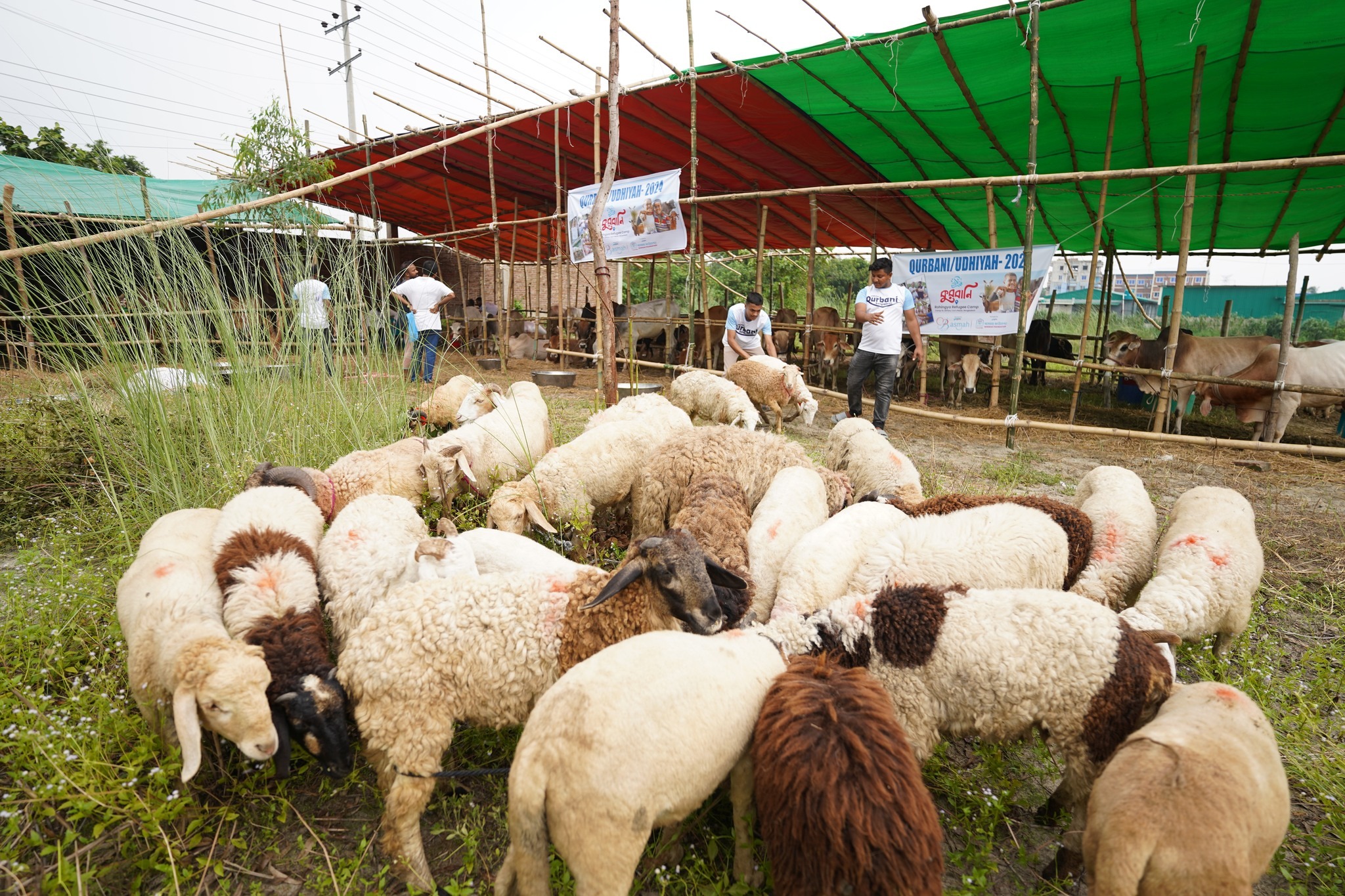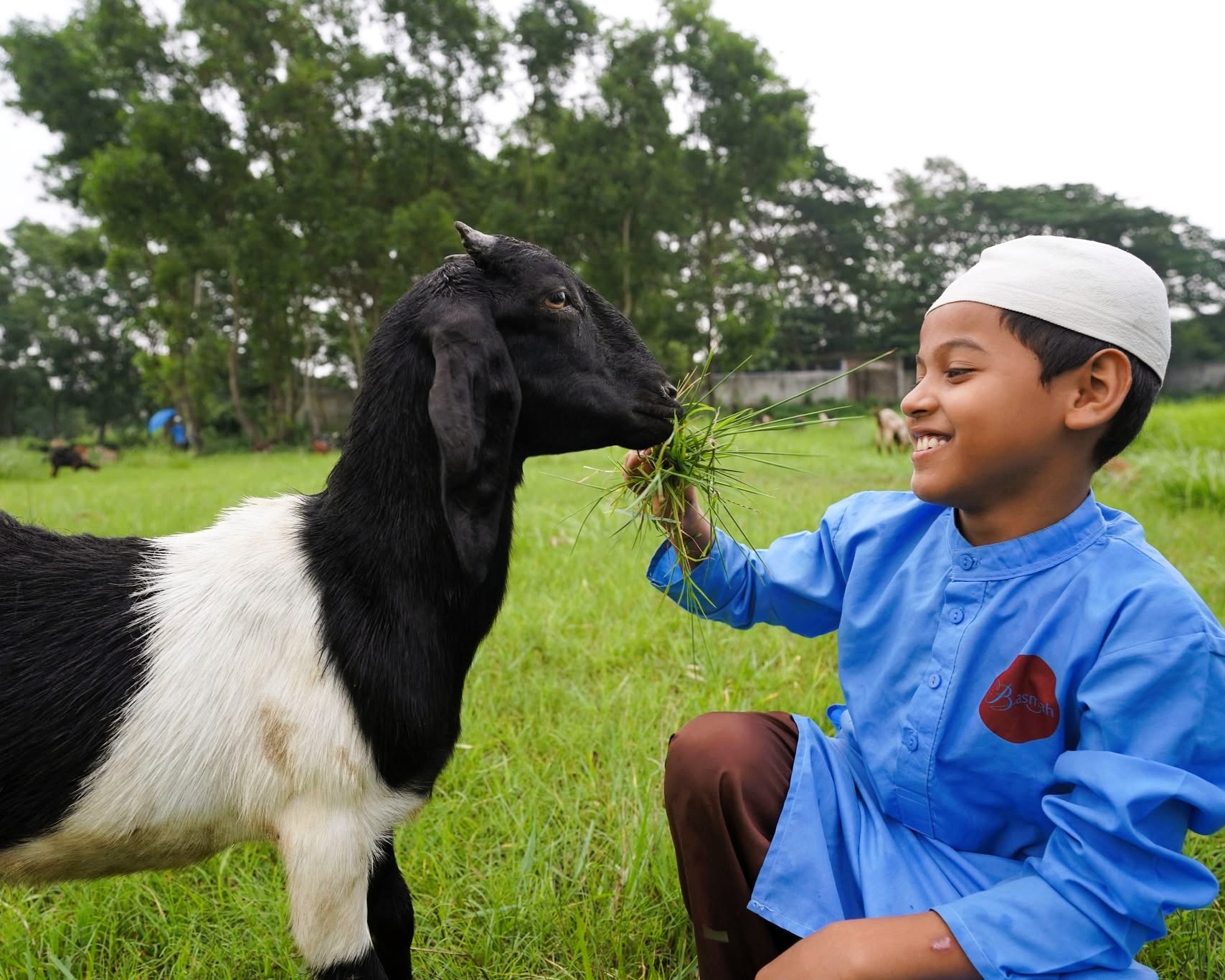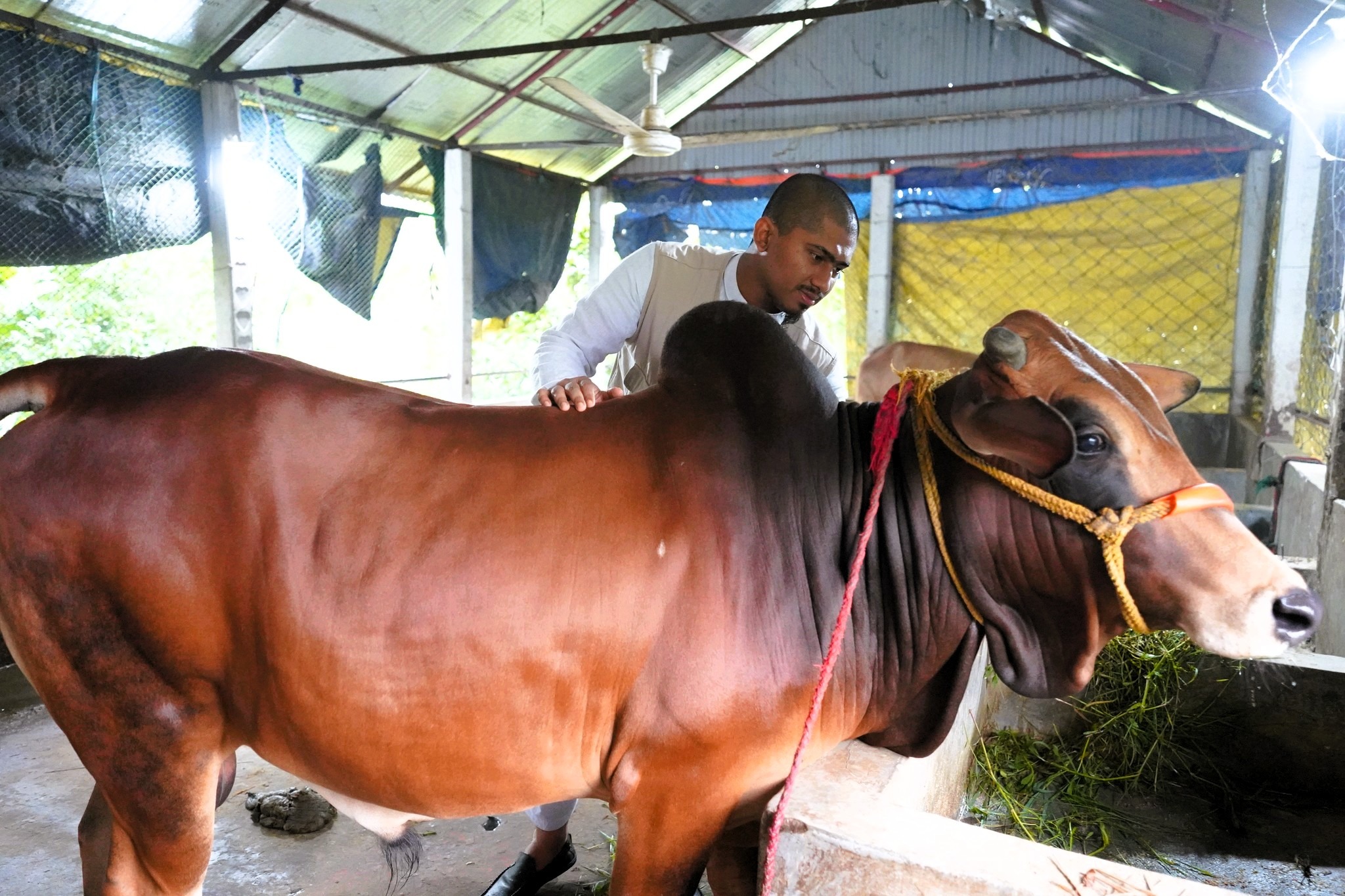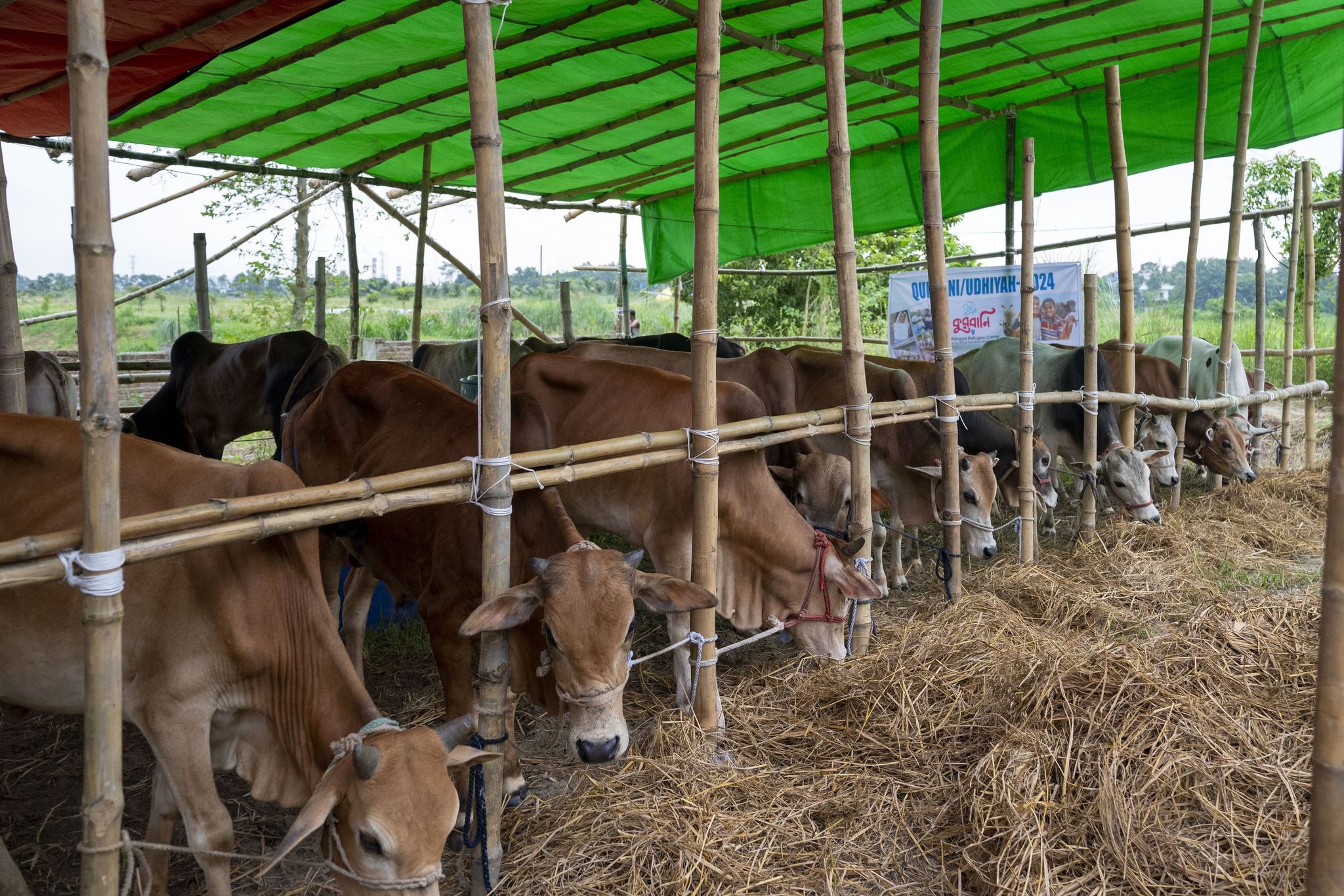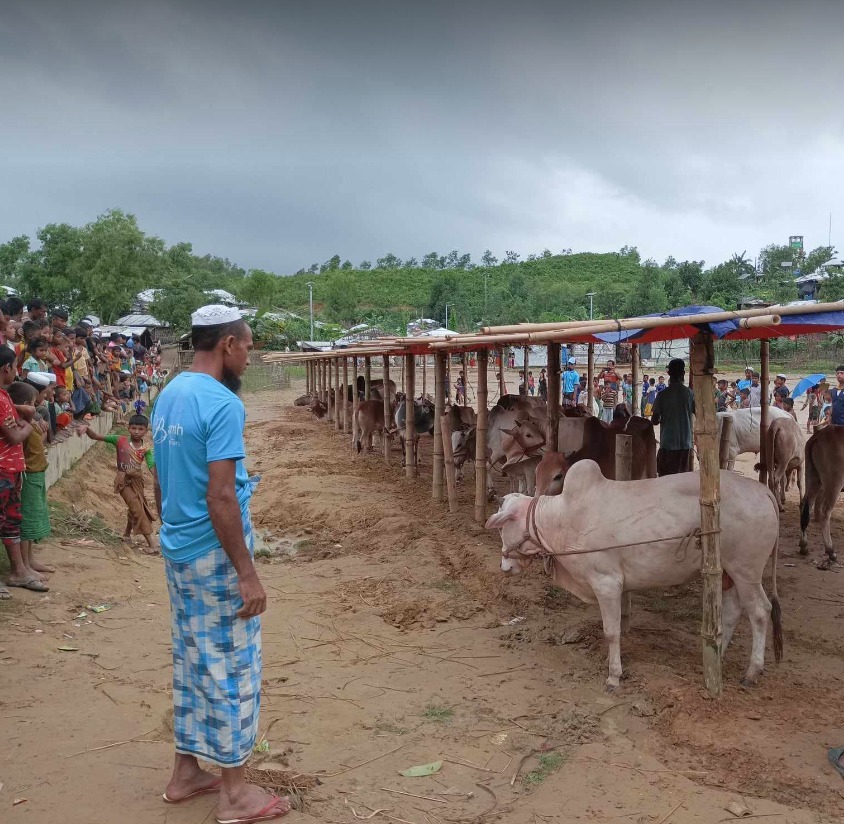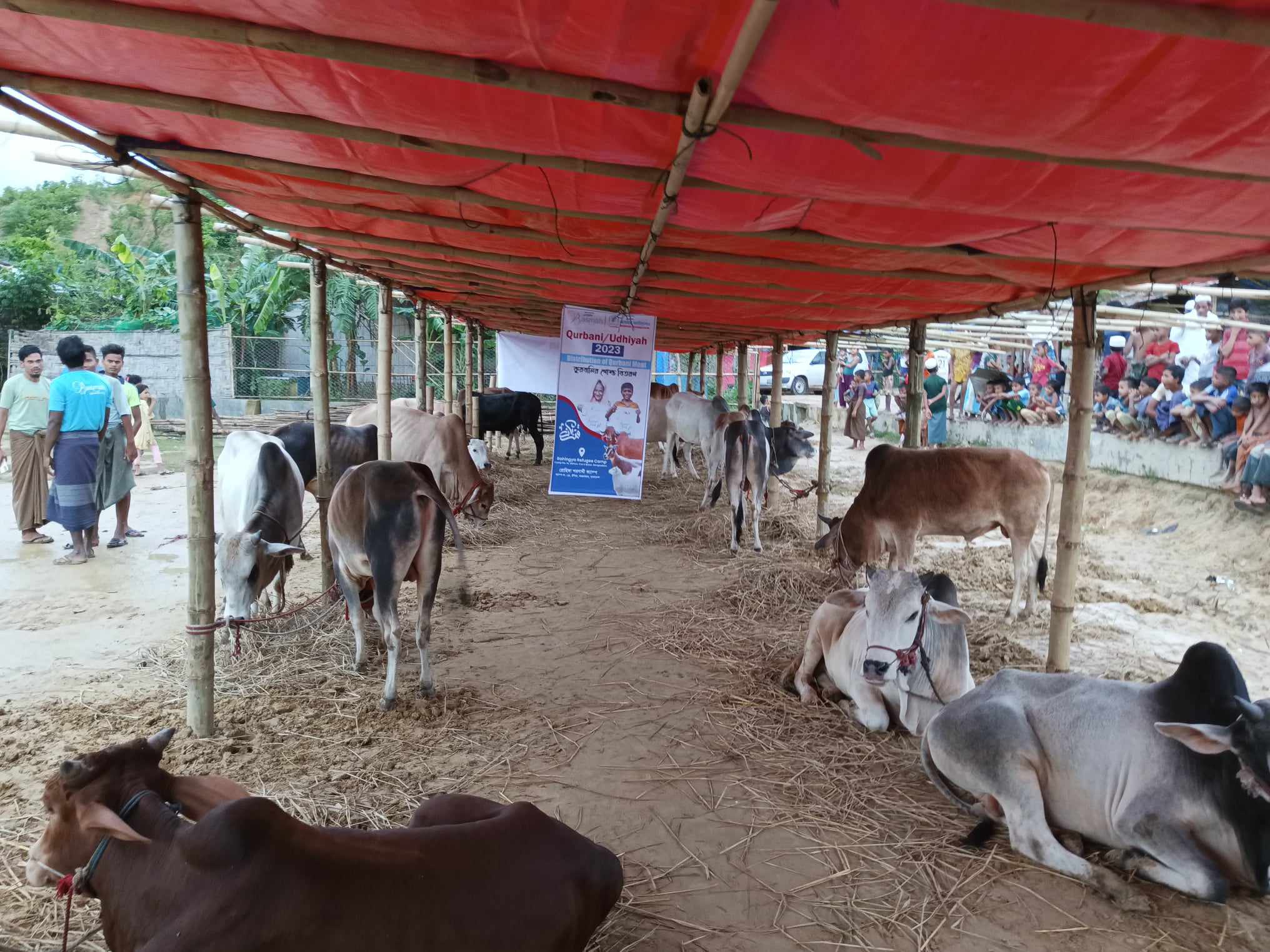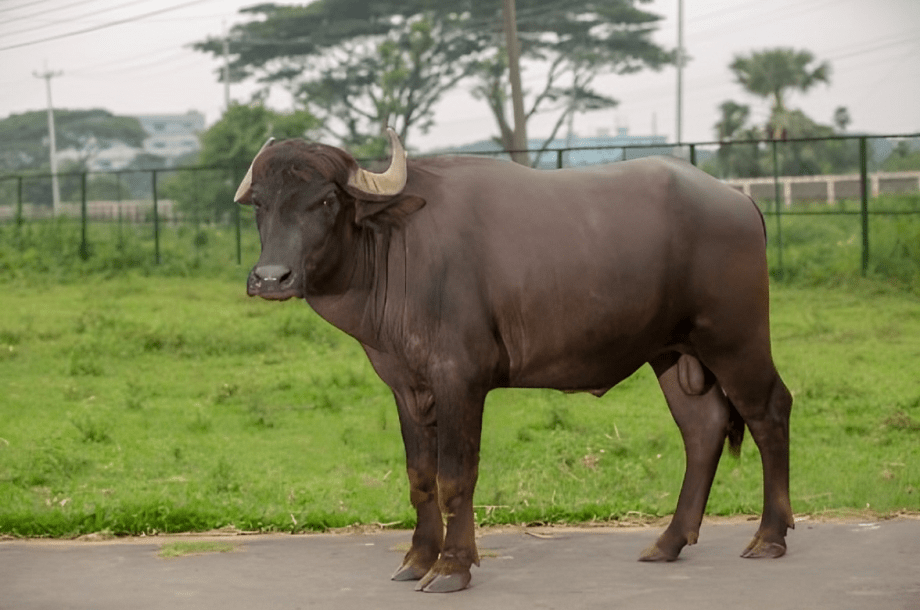Dhul Hijjah 2025: A Time to Reflect, Give, and Grow Spiritually
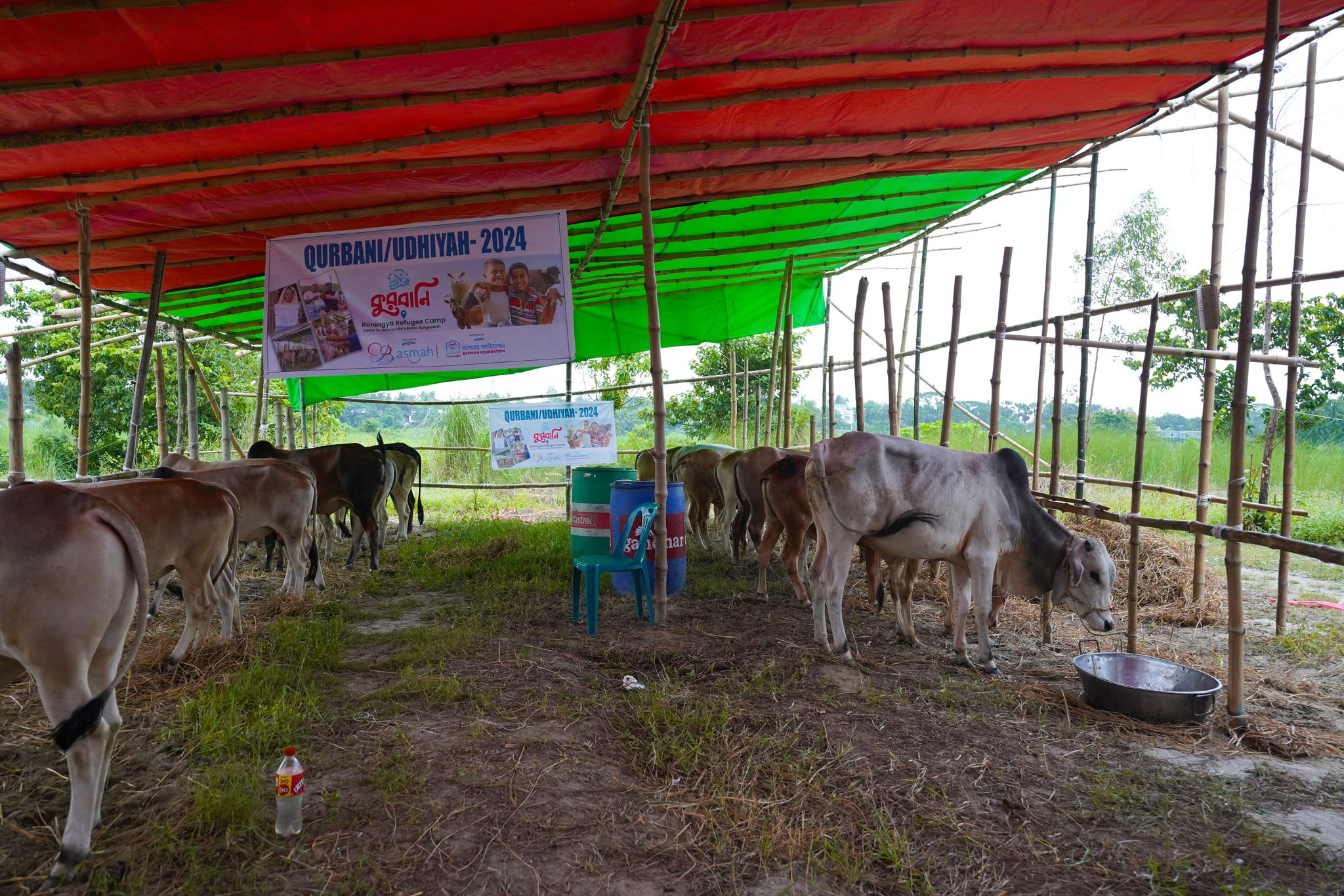
Imagine all the special days we celebrate throughout the year. For Muslims, it’s like a beautiful calendar filled with important times – times to pray, times to remember God, and times to celebrate with family and friends. One of the most special celebrations is called Eid al-Adha. You might know it as the “Festival of Sacrifice.”
What makes this Eid so special? At its very center is something called Qurbani. This word means ‘sacrifice,’ and during Eid al-Adha, Muslims all around the world do something special. They offer an animal – maybe a goat, a sheep, a big cow, or even a camel. This happens every year, right after the special Eid prayers, during the last month of the Islamic calendar, called Dhul Hijjah.
But wait, this isn’t just about the animal. Not at all! Qurbani is like a giant symbol. It’s a way for us to show that we love and trust God more than anything. It’s a way to say “thank you” for all the good things in our lives. And it’s a way to remember a very old, very powerful story – a story that teaches us what it means to truly believe and trust.
A Story of Trust: Ibrahim and Ismail
This story, the reason we do Qurbani, started a long, long time ago. It’s about a great Prophet named Ibrahim. We call him a friend of God because he loved and trusted God so much. Ibrahim had a son he loved very, very much, named Ismail. After waiting for a son for many years, Ismail was like the sunshine in his life.
One night, Ibrahim had a dream. And then he had it again. In his dreams, he felt God was asking him to do the hardest thing imaginable: to sacrifice his beloved son, Ismail.
Can you imagine how hard that must have been? Think about how much parents love their children. Ibrahim’s heart must have felt so heavy. But Ibrahim’s love for God was even bigger. He knew that God always has a reason, even when we don’t understand.
So, with a brave heart, Ibrahim talked to his son. He told Ismail about the dream. Now, Ismail was a wonderful boy, full of faith, just like his father. He didn’t get angry or scared. Instead, he said something amazing. He told his father, “Oh my father, do what God has asked you to do. If God wills, you will see that I can be strong and patient.”
Wow! Both father and son were ready to trust God completely.
As they walked towards the place where the sacrifice was supposed to happen, a tricky character named Shaytan (or Satan) tried to stop them. He whispered doubts. “Are you sure about this, Ibrahim? Are you really going to sacrifice your own son?” He tried to make them feel scared and confused. But Ibrahim and Ismail knew this was a test. They didn’t listen. They trusted God and kept going. (This is why people on the Hajj pilgrimage throw stones – to remember how Ibrahim and Ismail rejected those bad whispers).
Finally, they reached the spot. Ibrahim, with tears in his eyes but faith in his heart, prepared to do what God asked. He was about to make the sacrifice.
But just at that very second, God called out! He told Ibrahim that he had passed the test. He had shown he was willing to give up even his most precious thing for God. God wasn’t testing if Ibrahim would do it, but if he was willing to do it. His trust was complete. And because Ibrahim showed such amazing faith, God, in His great mercy, saved Ismail. Right there, next to them, was a ram (a male sheep). God told Ibrahim to sacrifice the ram instead.
This incredible story teaches us about submission – trusting God’s plan even when it’s hard. It teaches us about faith – believing with all our hearts. And it teaches us about mercy – how God is kind and understanding.
So, every year, when we do Qurbani, we aren’t just remembering this story. We are saying, “We want to be like Ibrahim and Ismail. We want to trust God with all our hearts, too!”

Imam Siraj Wahhaj
Honorary advisor of BASMAH
Following the Footsteps: Prophet Muhammad (ﷺ) and Qurbani
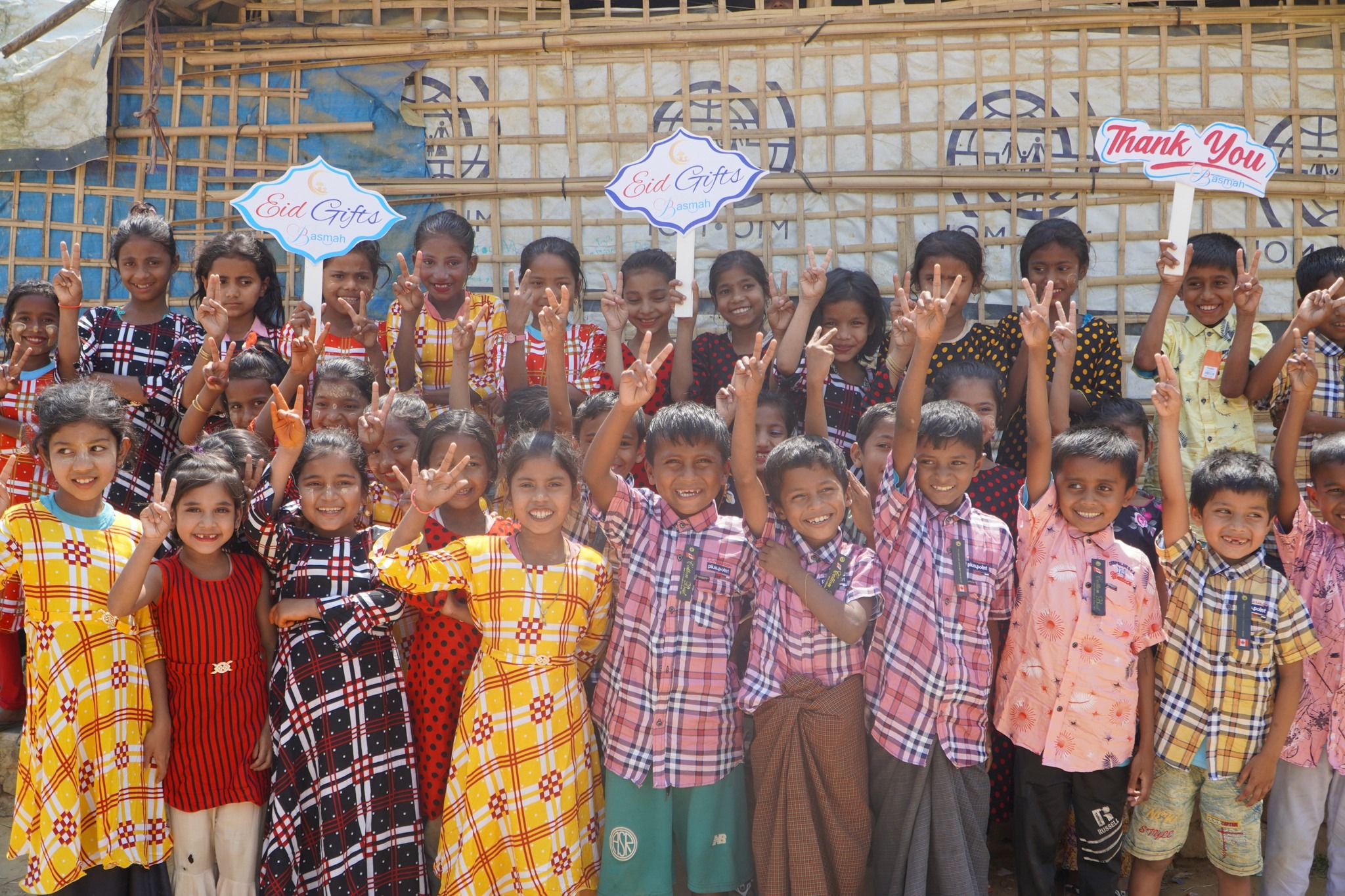
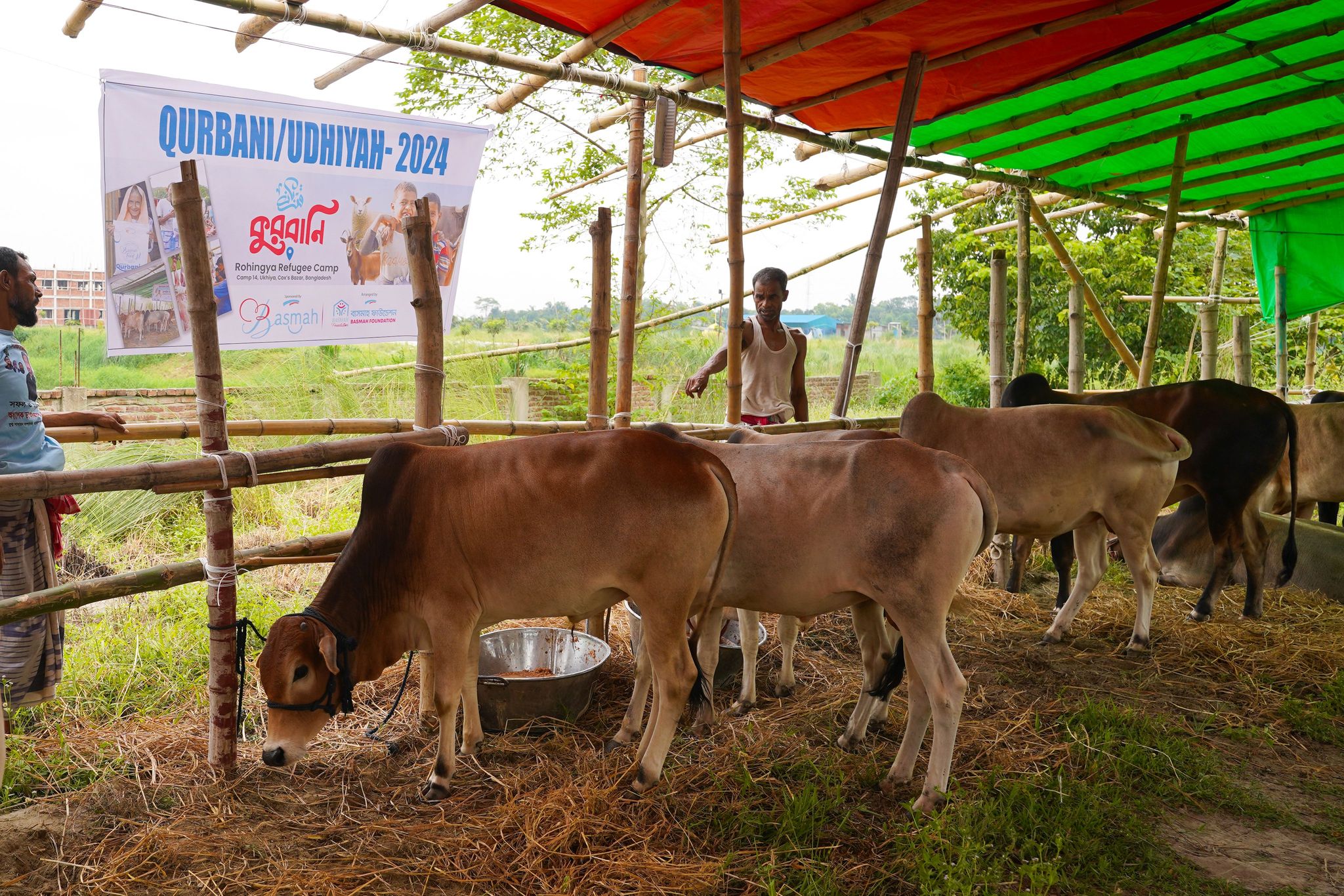
The Big Share: Qurbani of a Cow
Now, when we talk about Qurbani, we often think of goats or sheep. One goat or one sheep is enough for one person or one family. But Islam also allows us to sacrifice bigger animals, like camels or cows (and buffaloes). And this is where something interesting happens.
A big animal like a cow can be shared! How? Well, one cow is equal to seven Qurbani shares.
This is a really helpful rule. Imagine seven friends, or seven families, or even seven people who don’t know each other but live in the same neighbourhood. Maybe buying a whole cow is too expensive for just one person. But if they all chip in and buy one cow together, each person paying for one share, then all seven of them can fulfill their Qurbani!
It’s like sharing a big pizza. One person might not eat it all, but seven people can easily share it and everyone gets a piece. This way, more people get the chance to take part in this beautiful act of worship. It brings people together, working towards a common goal. It’s a wonderful example of teamwork and community in Islam.
Of course, if someone wants to and can afford it, they can buy one share, or two shares, or even all seven shares (the whole cow!) for themselves and their family. The important thing is that each ‘part’ of the Qurbani belongs to one person’s intention.
But just like we pick the best clothes for Eid, we also need to pick a good animal for Qurbani. There are rules:
- Age: A cow or a buffalo needs to be at least two years old. This shows it’s a grown-up, healthy animal. (For sheep and goats, it’s one year, and for camels, it’s five years).
- Health: The animal must be healthy and strong. It shouldn’t be blind, or very skinny, or have trouble walking, or have broken horns or lots of missing teeth. Why? Because when we give something to God, we should try to give our best. It shows how much we value this act.
Doing it Right: The Kind Way to Sacrifice
When it’s time for the sacrifice, Islam teaches us to be very, very kind and careful. We have to show respect for the animal, even at this moment. This kindness is called Ihsan – it means doing things in the best, most excellent, and most compassionate way.
Here are the rules:
- Use a Sharp Knife: The knife must be super sharp. This is very important because a sharp knife means the process is very quick and the animal feels as little pain as possible. The Prophet (ﷺ) himself told us to do this – to sharpen our knives and make it easy for the animal.
- Be Gentle: We should never sharpen the knife where the animal can see it. That would scare it.
- Be Respectful: We should also make sure that one animal doesn’t watch another one being sacrificed. This is also to avoid causing fear or distress. It shows deep respect for the animal’s feelings.
- Who Does It? The best thing is if the person giving the Qurbani does the sacrifice themselves. But many people don’t know how or don’t feel they can. That’s okay! You can ask someone else to do it for you, but it’s good to stand there and watch. It helps you feel connected to what you are offering.
- Say God’s Name: This is the most important part. Right at the moment of sacrifice, we must say: “Bism Allah – Allahu Akbar”. This means “In the name of Allah – Allah is the Greatest.” Saying this shows that we understand that life comes from God, and we are only taking this life with His permission and for His sake. It turns the action into an act of worship.
- Wait Patiently: After the sacrifice, we must wait until the animal is completely still and cold before doing anything else, like skinning it. This makes sure that life has ended peacefully.
These rules show us that Islam cares deeply about how we treat animals. Even when we sacrifice, we must do it with kindness and respect.
Sharing the Joy: How We Give the Meat
What happens to all the meat from the Qurbani cow (or goat, or sheep)? This is where the ‘big heart’ part really comes in! The meat isn’t just for us. It’s meant to be shared, spreading joy and blessings all around.
The best way to share, as taught by tradition, is to divide the meat into three equal parts:
- One-third for Your Family: You and your family get to enjoy this part. It’s part of the Eid celebration, a special meal to share together and thank God for His blessings.
- One-third for Your Friends and Neighbours: You share this part with people you know – your friends, your relatives, the people who live near you. This makes your friendships stronger and builds a happy community. It’s like saying, “We’re celebrating, and we want you to celebrate with us!”
- One-third for the Poor and Needy: This is super important. This part goes to people who don’t have much. For many poor families, Eid might be the only time all year they get to eat meat. When we give them this share, we are not just giving food; we are giving them a reason to smile, a feeling of being cared for, and a chance to celebrate Eid properly. It’s a way to make sure everyone feels the happiness of Eid.
This sharing is what makes Qurbani so special. It connects us to God, but it also connects us to each other. It teaches us to be generous and to look after those who need help. It’s a real-life lesson in kindness.
Qurbani Today: Sharing Across Miles
We live in a busy world now. Some people live in cities where it’s hard to keep an animal or find a place for Qurbani. Some people live in countries where the rules are very strict. And some people just want to make sure their Qurbani helps those who need it the most, even if they live far away.
So, how do people do Qurbani today? Many people now use charity organizations. These are groups that help you do your Qurbani. You can give them the money for your Qurbani – whether it’s for one share of a cow, or a whole cow, or a goat.
These organizations, like Basmah (which helps people in places like Bangladesh, especially the Rohingya refugees), then do all the work for you. They buy healthy animals that meet all the rules. They make sure the sacrifice is done in the proper Islamic way, with kindness and respect. And, most importantly, they give all the meat to poor and needy families.
This is a wonderful way to do Qurbani. It means your sacrifice can help people in another part of the world who are really struggling. It’s like sending a gift of food and hope across the miles.
How much does it cost? Well, it changes. It depends on where you buy the animal and how big it is. For example, through an organization, one share of a cow might cost around $140, and a whole cow might be about $980. (These numbers change, so they are just an idea). It might seem like a lot, but people see it as a special gift to God and a way to help others, so it’s worth much more than money.
It’s All About the Heart
At the end of the day, Qurbani is all about what’s in our hearts. God tells us in the Quran, His holy book, that it’s not the meat or the blood of the animal that reaches Him. What reaches Him is our Taqwa – our love for Him, our awareness that He is always watching, our desire to please Him, and our kindness.
The animal is just a symbol. The real sacrifice is our willingness to give something up for God. The real meaning is in our intention and our desire to be good.
So, Qurbani is many things all at once:
- It’s remembering Ibrahim’s amazing trust.
- It’s obeying God’s wish.
- It’s thanking God for everything.
- It’s sharing with our family, friends, and especially those in need.
- It’s caring for our community and the whole world.
- It’s keeping the beautiful traditions of our Prophets alive.
When someone offers a cow, those seven shares spread out like ripples in a pond, bringing blessings and food to many people. It shows how we can work together in faith. From the deserts where Ibrahim walked to every town and village today, Qurbani reminds us every year that the best things in life are not what we keep, but what we share, and the love we show for God and for each other. It’s a beautiful act, full of meaning, and a true celebration of a big, loving heart.

